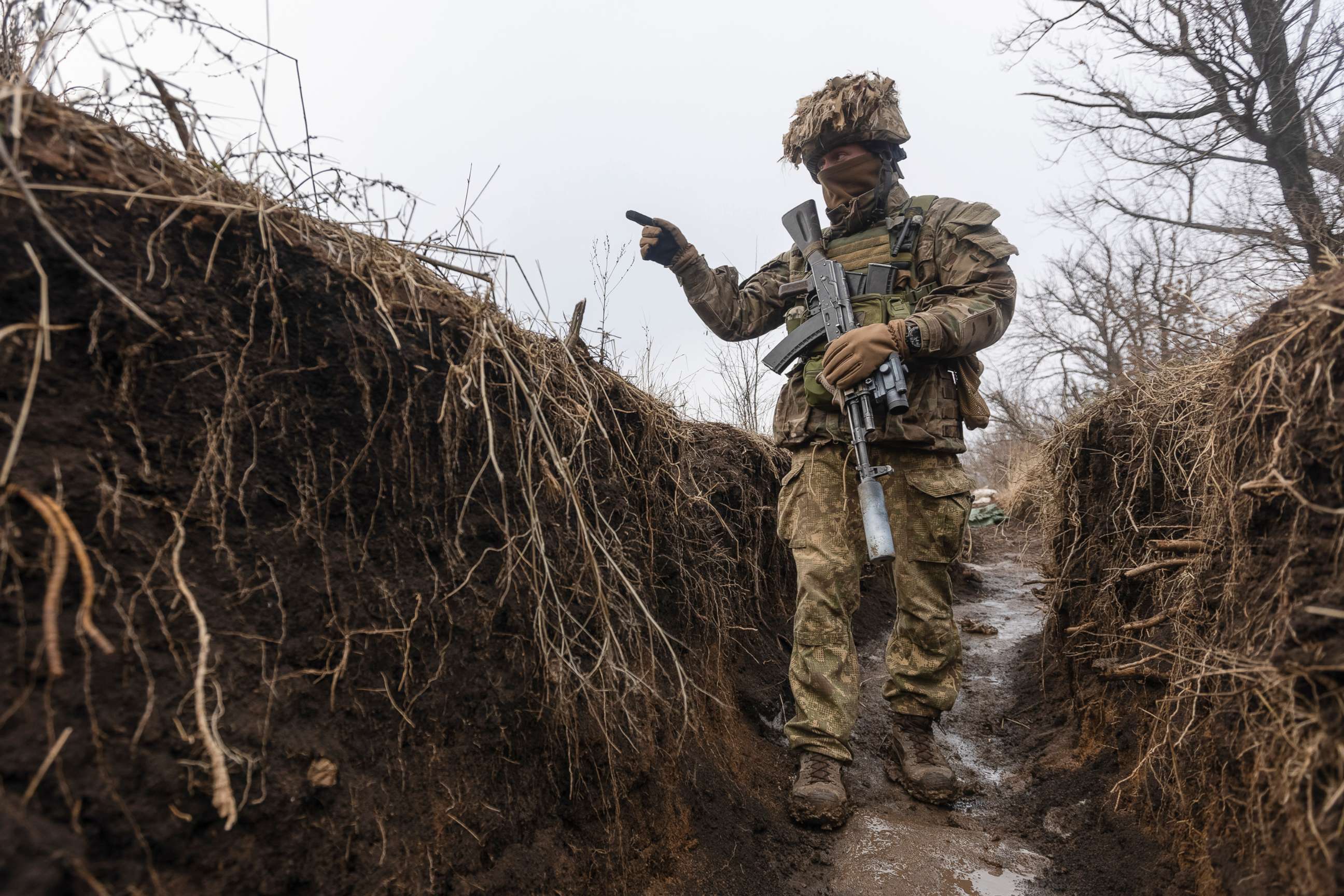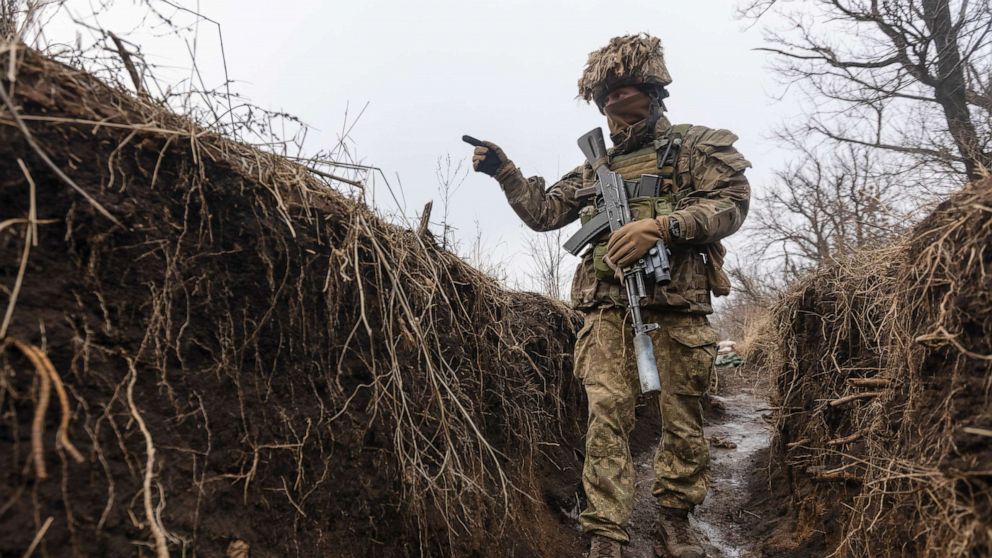After talks make no progress, is Russian attack on Ukraine more likely?: Analysis
A week of high-profile diplomatic talks between the West and Russia have not dispelled fears that Russia may be preparing to attack Ukraine.
Experts, who for months have been trying to understand whether Russia's troop buildup near Ukraine is a negotiating ploy or preparations for a real attack, say the question appears to have become: will Putin use force or not?
On Friday, the Biden administration intensified its alarms, warning it believes Russia is "preparing for an invasion of Ukraine…should diplomacy fail to meet their objectives."

The White House accused Russia of "pre-positioning" operatives to be ready to stage a "false-flag operation" in eastern Ukraine that would justify a Russian attack.
Russia has denied it is preparing to attack Ukraine, but has threatened it may use unspecified "military technical measures" if its demands are not met.
The concern is that after massing tens of thousands of troops near Ukraine over the last year, Russia in December made extraordinary demands, insisting on security guarantees that NATO will never allow Ukraine to become a member and that the alliance pull back troops from eastern European countries that joined after the Cold War. It made the demands in two draft "treaties" handed to the Biden administration and NATO.
The U.S. and NATO called the demands a non-starter.
But in the three sets of talks this week, Russia did not budge from its core demands. Again and again, its negotiators repeated it will accept nothing less than the NATO security guarantees. While expressing interest in the U.S. offers to discuss arms control, Russian officials said it was impossible to make progress on those areas without the guarantees. The U.S. and NATO in the talks were equally uncompromising in rejecting those guarantees, saying they cannot yield on core principles.
The talks seem at an impasse. Russia's lead negotiator, deputy foreign minister Sergey Ryabkov, on Thursday said the efforts had approached a "dead-end."
Russia's foreign minister Sergey Lavrov has said it is now waiting for written responses from the U.S. to Russia's treaties, after which Putin will decide next steps.
The U.S. as well as some analysts have worried Russia was engaging in the talks all along with the expectation they would fail, allowing it to then claim it had no choice to use force after diplomacy failed. Some now said the talks' outcome proved that was the case.
It is also possible that the consequences the Kremlin has referred to could be less than an attack on Ukraine, such as deploying missiles closer to Europe, or making its military build up near Ukraine more permanent. Ryabkov in an interview Thursday even refused to rule out deploying Russian weapons to Cuba or Venezuela, something the U.S. quickly dismissed as "bluster."
But independent analysts say Russia is continuing to build up its forces near Ukraine. Open source researchers this week said there is evidence troops and equipment from units based in Russia's far east are now moving west.
Conflict Intelligence Team, an open source group that tracks Russian military movements, said it has found a growing number of videos posted to social media that appeared to show long trains carrying tanks and other military vehicles traveling through eastern towns.
Rob Lee, an analyst based at Kings College London's Department of War Studies, told ABC News on Thursday equipment that was being moved.
"It doesn't look routine," Lee said. "It doesn't make that much sense that you'd see this many videos of things moving unless there was something else going on."
He said it was impossible to say definitively yet whether the Russian forces' destination was the border with Ukraine, but added that was "the most likely explanation."
Most analysts have said they still don't believe Putin has made a final decision on whether to launch an attack. But what comes next seems to be in the Russian president's hands.
"For the moment, the next step is up to Putin," Lawrence Freedman, a professor also at the Kings College War Studies Department wrote in a post Friday.
After this week's talks, it appears diplomacy seems to have failed to satisfy the Kremlin's objectives.




